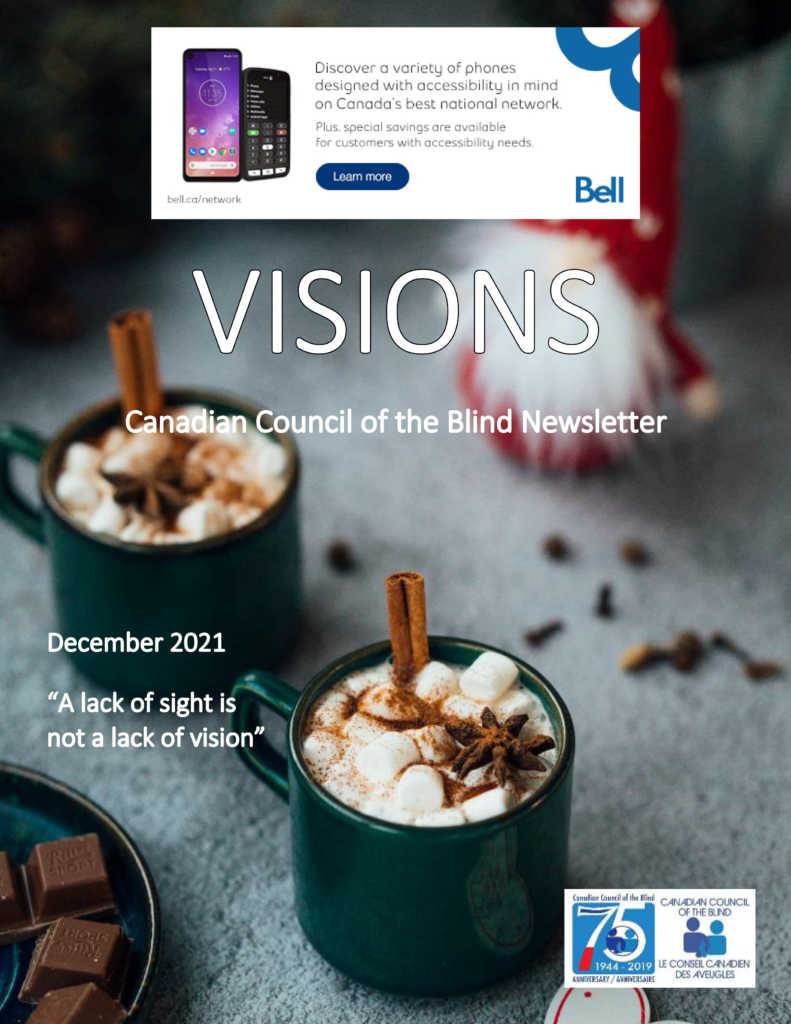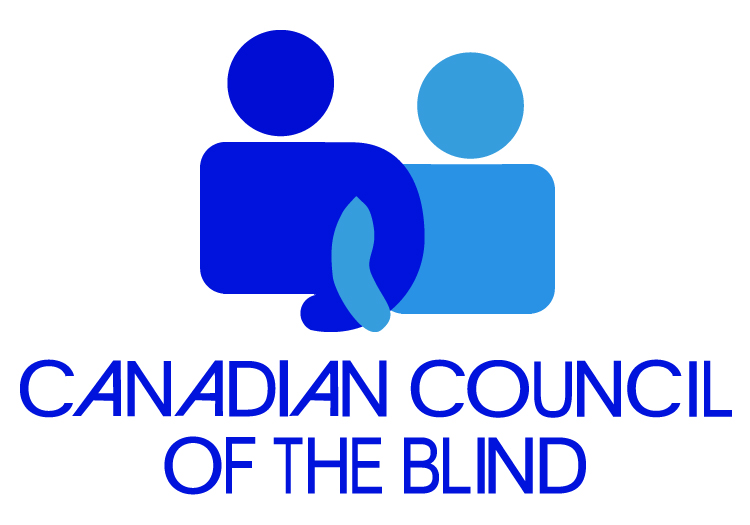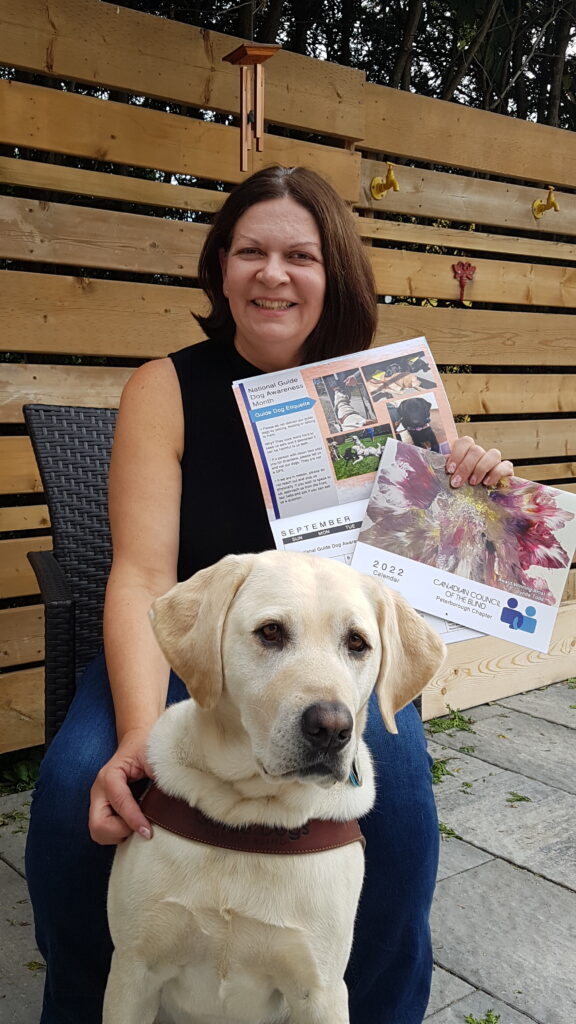
The Joys of a Guide Dog
By Leslie Yee
A young boy around the age of eight, once asked me, “if I could have all my sight back, would I want it.” At first, I was a little taken back. What a question and it made me really think.
I am really comfortable with my vision. I feel I do not miss anything and most importantly I would not have the company and companionship of my Guide Dog, Akira.
Akira is my first guide and it has so far been quite an adventure. He is strong, an 85-pound yellow male, intelligent and often looks at me as if to say, “the door is right here” see, {nose point}, see {nose point}, patient, very playful and is better than an alarm clock. Especially when it is dinner time.
He is now five and a half years old, and still, he will practically stand on his head just to get a kibble treat. This does make him very playful and willing to learn new and fun tricks for playtime.
Have we made mistakes? You bet. As a new handler I am constantly learning from Akira himself, and by asking other Handlers how they might react to certain situations. So together we then tackle our problems, our difficult situations and try again, accompanied by a lot of kibble treats.
Akira is from Guide dogs for the Blind in the United States. It was a wonderful experience going there and getting the training I needed, meeting Akira and then learning to bond and work with him. The school did tell us all that once you have a Guide dog, you are now ambassadors for all guide dogs and handlers. They were right. Both of us receive a lot of attention. We are asked many questions, and I am given general comments on how lovely Akira is. We don’t mind though; Akira is amazing and I am happy and proud to talk about him. Not only do I feel stronger with him, he is a part of me. I am very proud and confident of him when we are out and I have confidence in the training he has received from his school.
So, if I could get all of my vision back, would I want it? I don’t think so, at least not right now. I love my Guide Dog partner and together we make a great team.


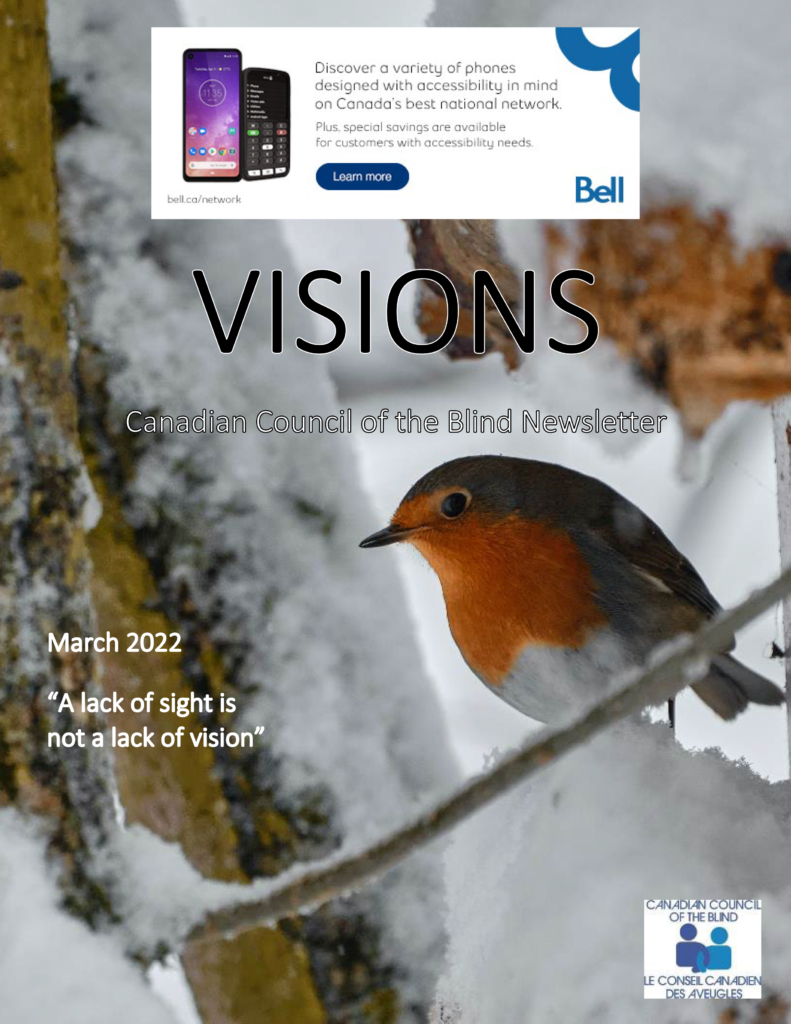
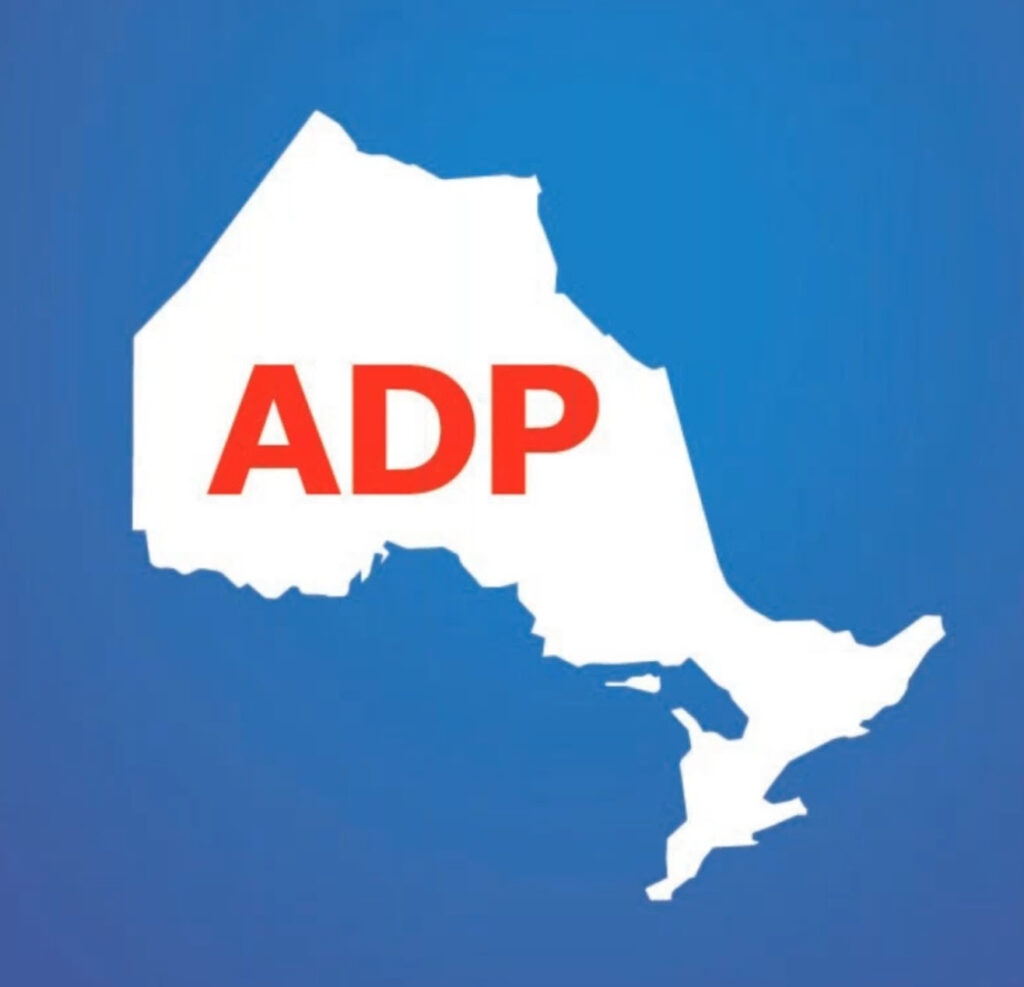


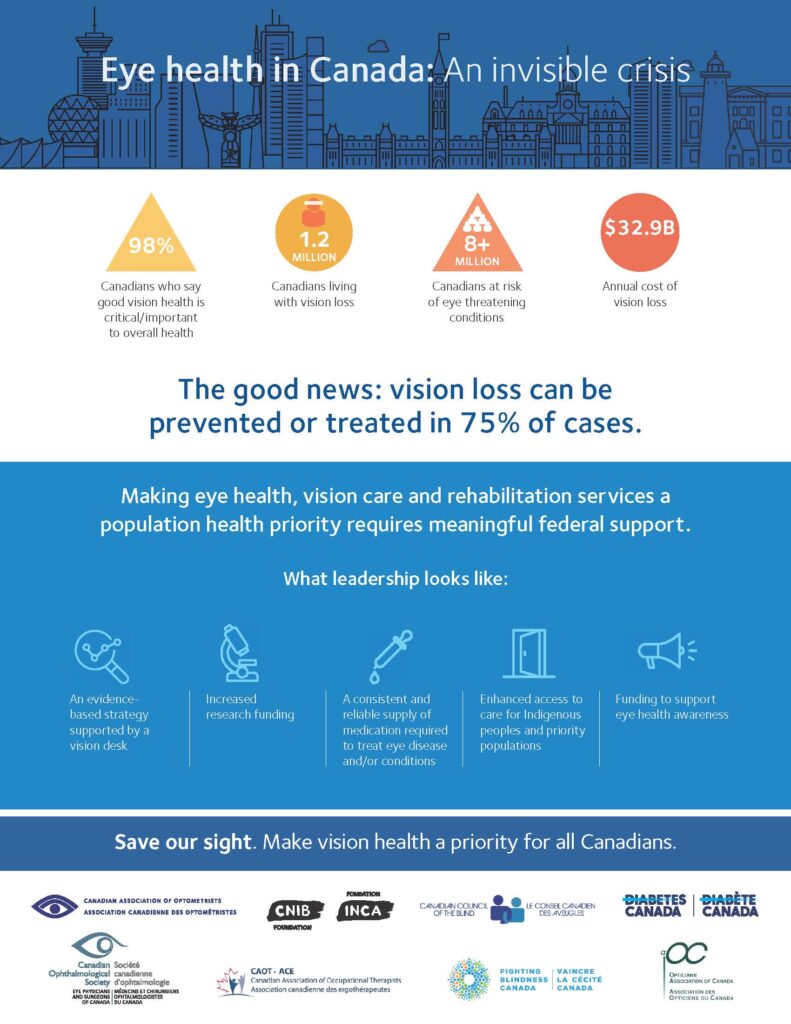
-1024x373.jpg)
